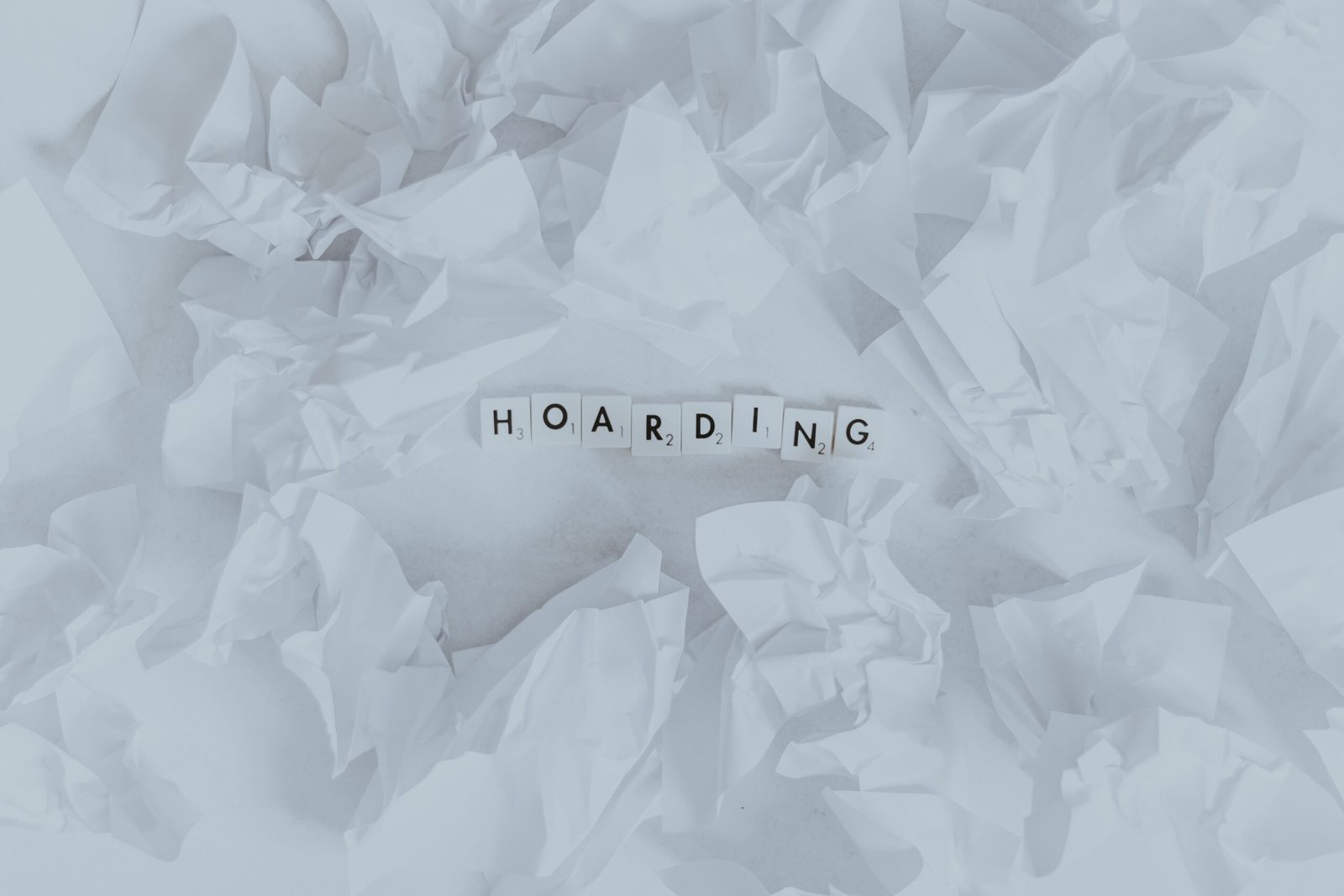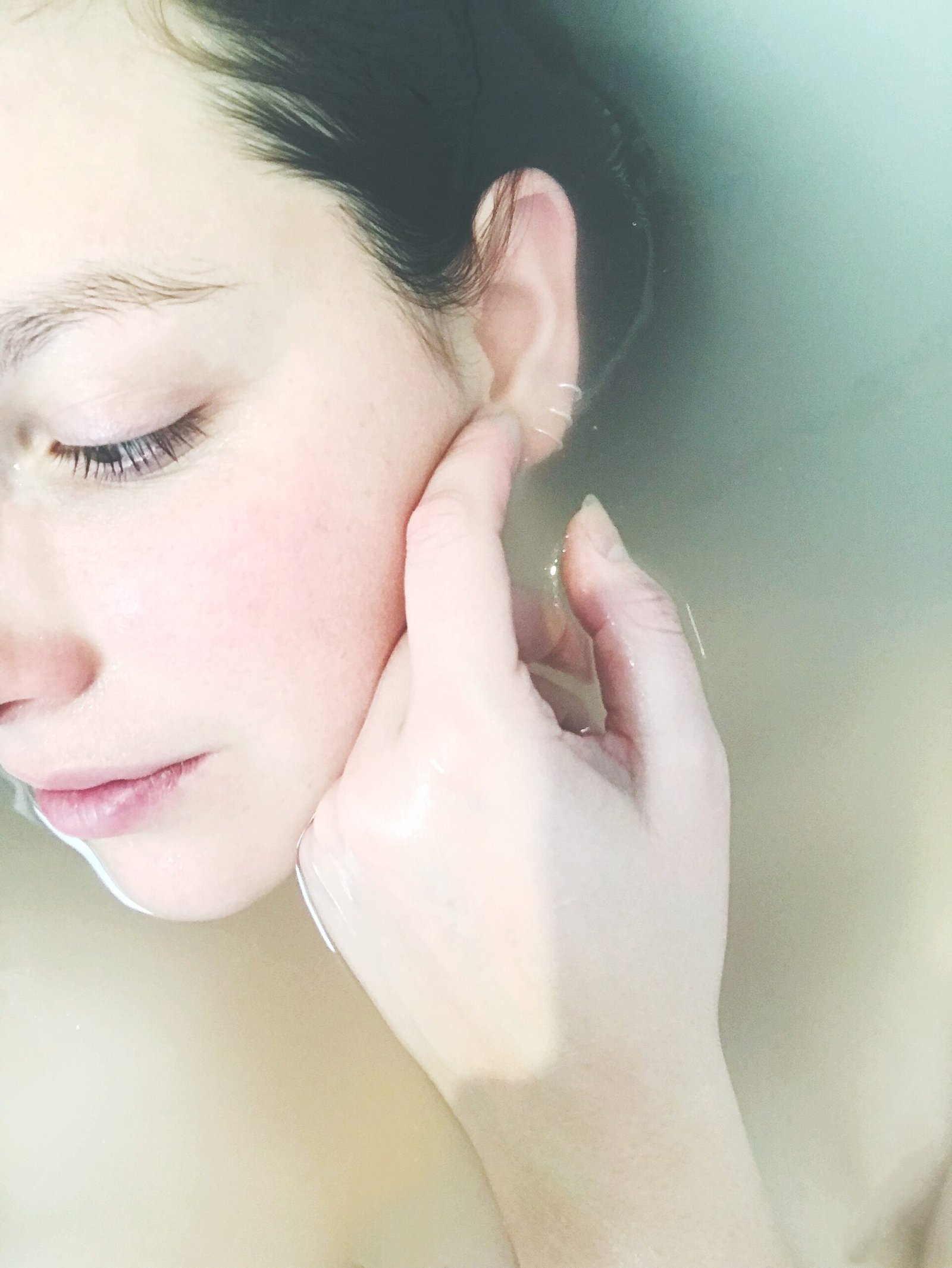Understanding and Supporting a Hoarding Spouse: Coping with Hoarding Disorder in Marriage
Hoarding disorder can have a significant impact on a marriage, affecting not only the hoarding spouse but also the well-being of the entire family. It is essential to approach this sensitive issue with empathy, understanding, and patience. In this blog post, we will explore effective strategies to support a hoarding spouse and navigate the challenges that come with managing hoarding tendencies in a marriage.
The Reality of Hoarding Disorder
Hoarding disorder is a complex mental health condition characterized by excessive accumulation of possessions, difficulty discarding items, and a strong emotional attachment to objects. It goes beyond mere clutter and can lead to severe distress and impairment in various areas of life.
According to recent studies, hoarding disorder affects approximately 2-6% of the population, with higher prevalence among older adults. It is important to recognize that hoarding is not a choice or a result of laziness, but rather a manifestation of underlying psychological and emotional struggles.
Recognizing the Signs and Symptoms
Identifying hoarding behaviors in a spouse is crucial for providing effective support. Some common signs and symptoms of hoarding disorder include:
- Excessive acquisition of items, even when they have little or no value.
- Difficulty discarding possessions, leading to cluttered living spaces.
- Feelings of distress or anxiety when faced with discarding items.
- Impaired functioning due to clutter, such as difficulty finding important documents or navigating through the home.
- Strained relationships with family members or friends due to hoarding behaviors.
If you notice these signs in your spouse, it is essential to approach the situation with compassion and understanding.
Steps to Support a Hoarding Spouse
1. Educate Yourself: Take the time to learn about hoarding disorder, its causes, and available treatment options. Understanding the condition will help you approach the situation with empathy and knowledge.
2. Open Communication: Initiate a non-judgmental conversation with your spouse about their hoarding behaviors. Express your concerns and emotions, emphasizing that you want to support them in finding a solution together.
3. Encourage Professional Help: Suggest seeking professional help from a therapist or counselor experienced in treating hoarding disorder. Therapy can provide valuable insights and strategies for managing hoarding tendencies.
4. Create a Supportive Environment: Work together to establish a clutter-free and organized living space. Start small, focusing on one area at a time, and encourage your spouse to make decisions about what to keep and what to discard.
5. Set Realistic Goals: Understand that progress may be slow and setbacks are common. Celebrate small victories and provide ongoing support and encouragement.
FAQs
Q: Can hoarding disorder be cured?
A: While there is no definitive cure for hoarding disorder, it can be effectively managed through therapy, support, and lifestyle changes.
Q: How can I help my spouse without enabling their hoarding behaviors?
A: It is important to strike a balance between support and enabling. Encourage professional help and set clear boundaries regarding clutter and excessive acquisition of items.
Q: What if my spouse refuses to seek help?
A: It can be challenging when a spouse is resistant to seeking help. Consider seeking support for yourself through therapy or support groups to navigate this difficult situation.
Q: How can I cope with the stress of living with a hoarding spouse?
A: Self-care is crucial in managing the stress of living with a hoarding spouse. Seek support from friends, family, or a therapist to help you navigate the emotional challenges.
Q: Can hoarding disorder lead to other mental health issues?
A: Hoarding disorder is often associated with other mental health conditions, such as anxiety, depression, and obsessive-compulsive disorder (OCD).
Tips for Supporting a Hoarding Spouse
– Be patient and understanding throughout the process.
– Encourage your spouse to engage in activities that promote emotional well-being.
– Celebrate progress and small victories, no matter how small.
– Seek support from therapists, support groups, or online communities.
Conclusion
Supporting a hoarding spouse requires empathy, understanding, and patience. By educating yourself, encouraging open communication, and creating a supportive environment, you can help your spouse navigate the challenges of hoarding disorder. Remember, progress takes time, and seeking professional help is essential. Together, you can work towards a clutter-free and harmonious home.
Call to action: If you found this article helpful, please share it with others who may benefit from this information. Together, we can create a supportive community for those dealing with hoarding disorder in their relationships.









